This week…
…I am encouraging newsletter engagement. As this one grows, I ask if you could tell me more about your interest in the subjects I work on. And, what do you do for work? What do you do for fun? What would you like to do for the first time?
In any case, I would also like to share some of my favourite newsletters, to which I’m subscribed, in case you have an appetite for more. Find the list here. Let me know your favourites too or if you think the newsletter sub-culture is starting to feel like a cult. Just hit ‘Reply’ and I will receive your response directly in my inbox.
And for our interview segment, it’s the second half of my conversation with filmmaker Ineza Roussille, as she turns the table on me to find out more about online moderation, getting our cats’ consent, and finding the Big Bad of the Internet. You can find the full transcript at the link below. But first, a selection of top stories on my radar, a few personal recommendations, and the chart of the week.
The Internet is flat
So says Charlie Warzel in Galaxy Brain:
Many of the current conversations about power and accountability are conversations we desperately need to have. Now, I’m not all that hopeful that many of the stakeholders are willing to have them — many would rather just flatten the complexities themselves into a vague ‘cancel culture.’ But, even in an ideal world of good faith participation, we don’t really have productive spaces to have such discussions. The world isn’t flat but the world wide web is — and three-dimensional human beings can’t thrive in a one-dimensional space.
Is the government picking the wrong place to start regulating algorithms?
“[Canada’s] Bill C-10 opens the door to regulating how CanCon is discovered online. More transparency around algorithms is warranted, but in more pressing areas,” argues Sara Bannerman on J-Source:
If the government decides to regulate algorithms, there are lots of places to start. Algorithms can discriminate, recommend hateful content and polarize. They can sully brands and they can be used to profile, manipulate and track. Regulation could make algorithms transparent. They could intervene to address the worst form of recommendations, give people ownership, control and insight, and stop targeted ads.
Dark patterns that mislead consumers are all over the Internet
Dark patterns, a term Harry Brignull coined in 2010, are “design choices that steer people into decisions they may not have made under normal conditions.” Think you can spot them? Take a simple quiz by Alfred Ng and Sam Morris for The Markup.
What I read, watch and listen to…
I’m reading Sowing Aunties by Frances Kai-Hwa Wang.
I’m watching Kitty Love: An Homage to Cats on Netflix.
I’m listening to digital politics expert Fenwick McKelvey on Law Bytes, a podcast by lawyer Michael Geist on Bill C-10, discoverability and the missing representation of a new generation of Canadian creators.
I’m making cocktails.
Chart of the week
In an announcement on Donald Trump’s two-year suspension from its platforms, Facebook’s Oversight Board also came out with different levels of restrictions as penalties for public figures. Don’t worry, Trump will be back just in time for the 2024 presidential campaign, running hundreds of millions of dollars of ads for Zuck & Co.




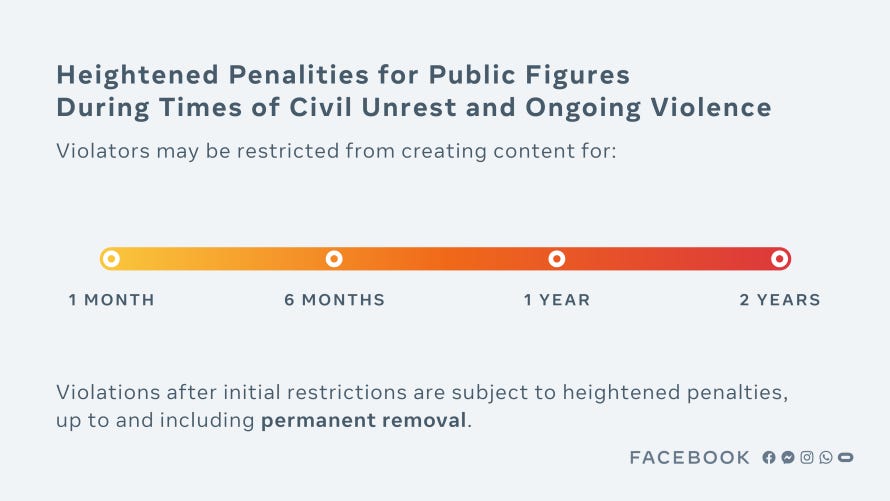



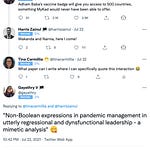

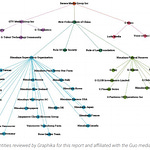

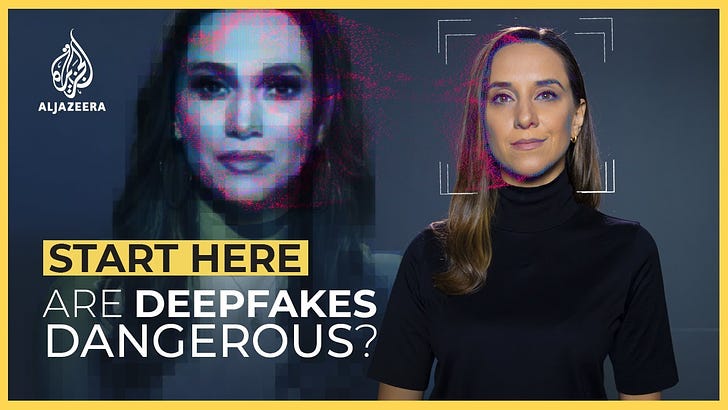
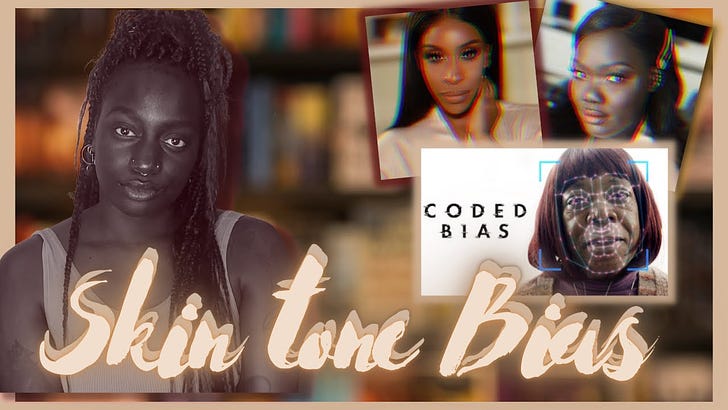
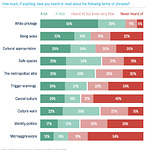
The 57th Block: Dark patterns on the flat 'net